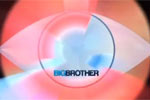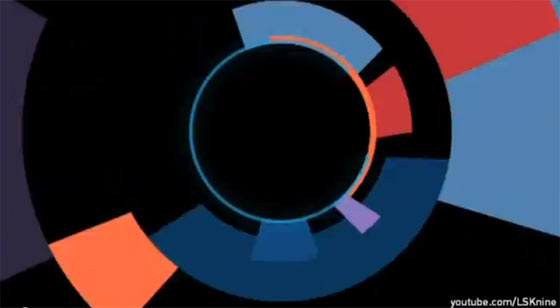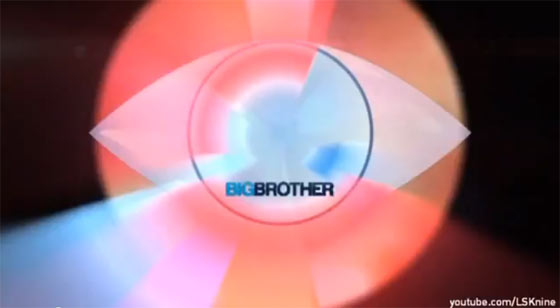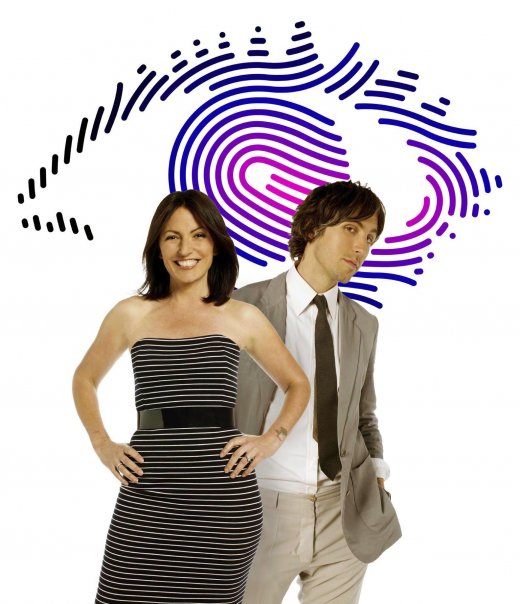 The public side of the Big Brother housemate hunt has come to a close, and while most of the auditionees will be keeping quiet about their experience based on the strongly worded contracts they all had to sign, we can reveal the full audition process.
The public side of the Big Brother housemate hunt has come to a close, and while most of the auditionees will be keeping quiet about their experience based on the strongly worded contracts they all had to sign, we can reveal the full audition process.
Round One
Once your details and ID are checked each potential housemate is given their audition number with a strike of highlighter pen through it. The strikes are made in one of three colours and in different patterns which mean different things. The patterns were always either // or = or / or -. It is unclear what each strike means, but it seems to have some correlation between what the registration staff view on their computer screen and what they want to tell your audition conductor about your application.
From here you’re led to the holding station where you wait as groups of 20 to 40 people are called through at a time, once through you’re split into your colours (as marked with highlighter pen), with all groups in the same room at the same time. Your group, consisting of 10 to 12 applicants has one auditioner and at least one assistant auditioner who collects forms, watches from the sidelines and whispers in the ear of your audition conductor. You then complete some of the following tasks, which vary in each city:
- Warm up: Dance like a ballerina, roll on the floor, be angry at someone, yell at the other group, cluck like a chicken, howl like a wolf, “strut at me like you’re on the cat walk”.
- 30 seconds to talk about yourself
- Emotional questions: “Have you ever had your heart broken?”, “do you have a huge regret in life”, “have you ever been arrested”. This sometimes comes in the form of the “I have never” game. From all reports, contestants who made clear and emotional responses were most successful in getting through to the next round. This is particularly true if your response contradicts your appearance. For example: a big footballer saying he gets heartbroken.
- Line up exercise: The audition conductor asks everyone to arrange themselves in a line based on statements, which are usually “best dressed in the room (best at one end, worst at the other)”, “the smartest in the room”, “the most likely to be arrested”, “the most like to have your heart broken”. In almost all cases the only successful applicants put themselves on an extreme end of the line (rather than the middle) – they were then given more airtime to talk with the audition conductor.
- Heated questions: The conductor will ask three topical questions and ask you to stand on a marker that indicates on what scale you agree. The questions are Gay Marriage: yes, civil unions or no. “Boat people”: let them in, process them or send them back. Peep hole at the gym: Look, report it or do nothing. Those who are fast, firm and move to the front of each response group get asked why, those who are passionate without being over the top tend to be successful. Generally those who answer in the negative dont tend to go further. Occasionally groups are asked “if you were on a trivia show, what would you choose?” the answers are pop culture, science and math or politics.
Round One is usually wrapped up with the audition conductor asking some of the same questions as above but in different ways, usually for a few who haven’t had much air time. In some audition groups people are asked to use their bodies to create images, but not always.
Only 1 to 4 people per group are then sent on to round two. These people tend to be those who gained a significant amount of air time, were intelligent, extremely attractive, were some form of ‘extreme’ or simply quite passionate or had a good story.
Round two
Successful applicants from round one are ushered in to a second holding area. In this round you sit in groups of 10 or 11 people in front of a panel of 3 audition conductors. Each person then introduces themselves and discusses hot topics such as gay marriage, immigration, the effects of technology on society and binge drinking. From all reports, people who were very attractive and somewhat intelligent made it through this round. People relying on “good stories” did not make it through. We have also been informed that most of the men making it through were the typical ‘hot rough bogan’ seen in the past seasons of Big Brother.
Round three
Those who made it to the final round received a personal escort to a secluded area to meet with the judges. There they were placed in a dark room with a camera and asked to talk about themselves in detail.
The next stage
Anyone successful in round three is then contacted sometime within the next few days to move on to the private auditions. This pool is approximately 250 people from the entire country. Applicants are required to fly to Melbourne (or sometimes Sydney) out of their own pocket to attend.








